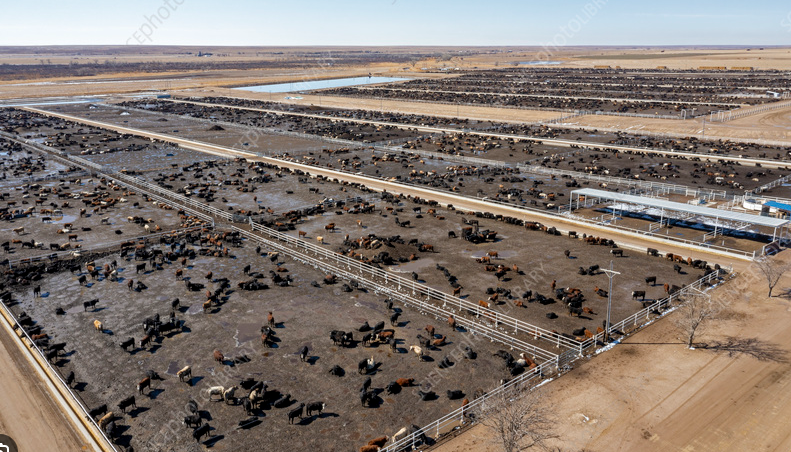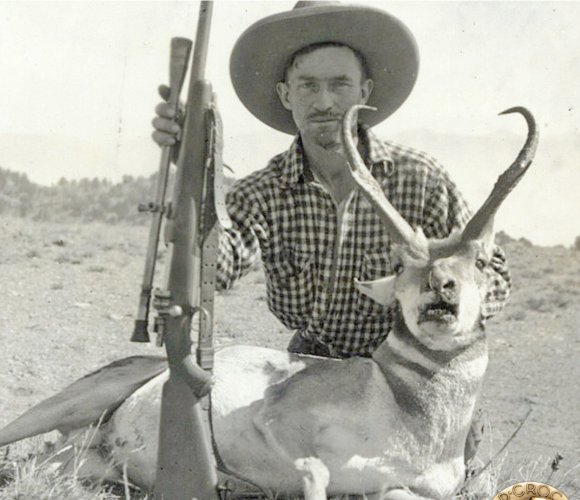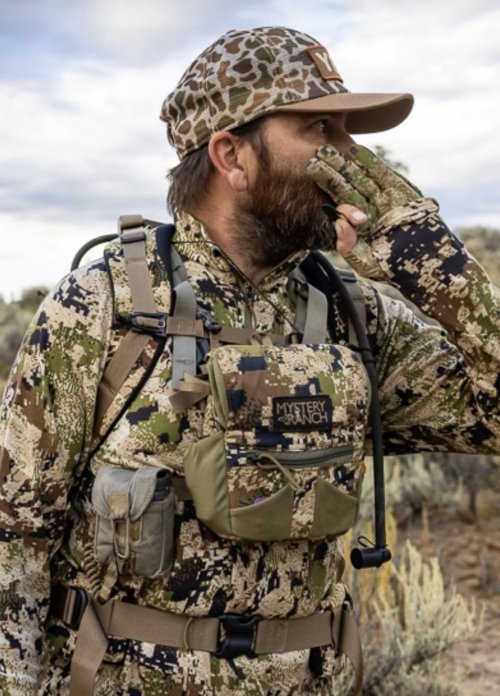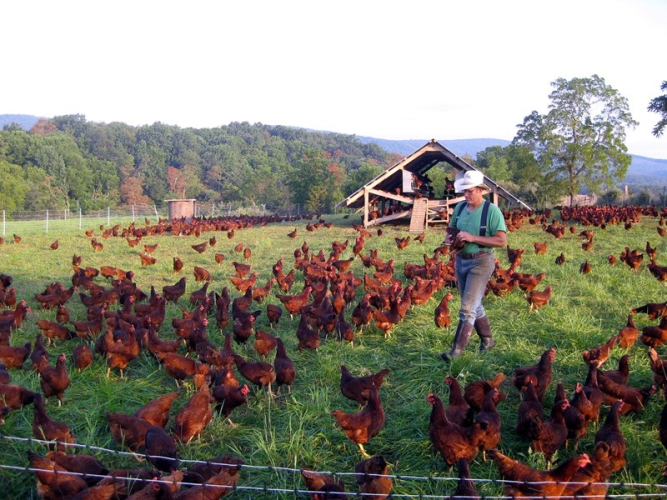Nameless Range
Well-known member
but on the other hand, at the same time, it is the crux of matts message.
are people killing for themselves or for others? and if others what is it they are getting in return? money? attention and followers, i.e. fame? and the conclusion from that is hard to argue with: we have modern day "market hunters" all over again. are they gonna decimate the tightly regulated populations? no. but are they for all intents and purposes market hunters, securing a product for a profit, and doing many times over to increase the profit? hard to say they're not.
I agree that the crux of Matt’s message is Hunter motivation, and the implications of that across the Hunting population
That said, as buzz highlighted, there’s perfectly reasonable situations where someone might kill many elk in a season.
I do wonder if Matt overestimates the effect social media has on hunter motivations. He does provide an example from a study were folks were less likely to go on a vacation somewhere if they couldn’t post about it on social media. I don’t think hunters are special in their resistance to the incentives of status that motivate so many modern people, but I haven’t looked closely at the study he mentioned or others like it either.









